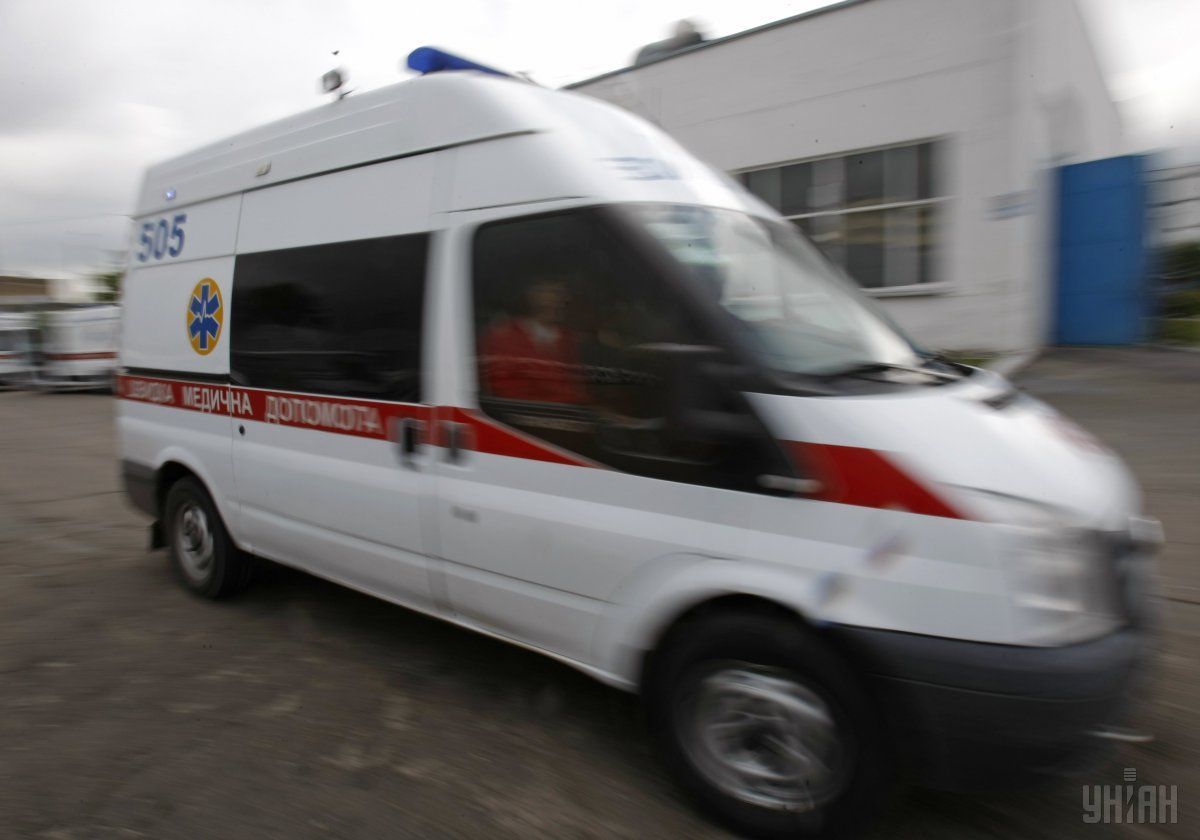
For three days, volunteers monitored the work of ambulance teams across Ukraine in line with the methodology developed by WHO experts.
Groups of observers worked in 26 Ukrainian settlements (with a population of over 10,000), spending 72 hours on duty with ER teams and accompanied them to monitor response to injuries, cardiovascular and pulmonary issues, the press service of the Ministry of Health reports.
According to generalized results of the evaluation, emergency teams respond to calls promptly, while treatment protocols require revision.
The following facts have been noted in the study:
- The average response time to an emergency line call (from the moment of receipt of the notice by the ER team and before the first contact with the patient) is 8.5 minutes;
- Within 10 minutes, 56% of all response efforts are made;
- Within 20 minutes, it's 94%;
- The average time at the scene is 17 minutes;
- The average time of transportation to the hospital is 10 minutes;
- Some 53.7% of urgent calls end with transportation to the hospital and admitting patients to hospital; and
- Drugs that are used in the provision of emergency medical care are not always proven to be effective or feasible for use in specific cases.
Read alsoHow Ukraine is fighting corruption one heart stent at a time - NYT
For example, the most common drug used for complaints of chest pain is magnesia (32.6% among patients over 40 years old and 29.4% among any age). At the same time, the ineffectiveness of magnesia in acute myocardial infarction, cardiac rhythm correction and community-acquired circulatory arrest has already been proven by scientists.
Earlier, the Ministry of Health said that the complete modernization of the emergency response system requires UAH 10 billion in funding, while only UAH 1 billion was additionally allocated for the entire health care reform in Ukraine.

